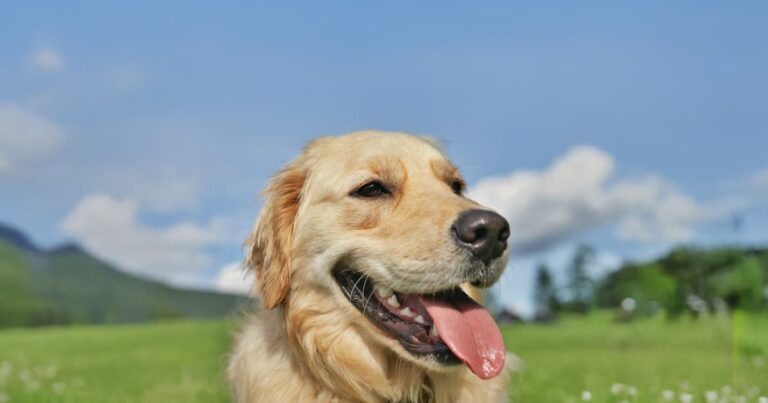One nutrient is more important to your dog’s good health than any other. It’s not protein. It’s not carbohydrates. It’s not vitamins. It’s water.
A frequently neglected nutrient, water is the most critical nutrient required by a dog (or any animal) for survival. Your dog can live for weeks without food, but a lack of water can cause severe dehydration, organ failure or worse within a few days.
Why is water so important?
Here are five reasons why water is so vital to a dog’s health and vitality:
- Water is the main component of healthy cells. The adult dog’s lean body weight is roughly 70 percent water, and many tissues consist of 70 to 90 percent water. Without water, your dog’s body wouldn’t work properly.
- Water is a major component of blood. Water helps move other nutrients into and out of cells. It also helps remove wastes from individual cells as well as the overall body through urination and bowel movements.
- Water plays a role in food digestion and nutrient absorption.
- Water helps the body maintain a normal temperature, especially during cooling when it’s evaporated during panting or sweating.
- Water helps lubricate and cushion joints, making movement easier. It also is part of the fluid that cushions and protects the spinal cord and brain.
How much water does a dog need?
A dog’s water requirement is determined by what the body needs to maintain water balance. Like us, dogs lose water daily, mostly through urine. Small amounts of water are also lost through respiration and stools. These losses must be replaced daily to avoid dehydration.
How much water your dog needs each day will depend on their size, diet, age, activity level and weather conditions. As a rule of thumb, a healthy dog should drink between 0.5 and 1 ounce of water per pound of body weight each day. That means a healthy, 70-pound Labrador retriever should be drinking around 35 to 70 ounces, or about 4.5 to 9 cups, daily.

A dog meets their water requirement primarily through voluntary drinking. Dog food also contains some moisture, depending on the form fed. A dog who’s fed canned food, which ranges from 70 to 80 percent moisture, tends to drink less than a dog who eats dry food.
To ensure your dog always has enough water to keep them healthy, you’ll want to provide good-quality, clean, fresh water that’s easily accessible. The bowl should be filled at all times and refilled daily with fresh, clean water.
Monitoring your dog’s water consumption
Normally, thirst ensures that a dog drinks enough water to meet or exceed their daily requirement to stay well hydrated. But some health conditions, such as a bladder infection, kidney disease, diabetes, Cushing’s syndrome or particular types of cancer, can change the amount of water your dog drinks. That’s why it’s important to have an idea of what’s normal for your dog. Then you can spot when they drink more or less than usual, and talk with your veterinarian about your concerns to rule out an underlying condition.
A dog with chronic kidney disease needs unlimited access to fresh water so they can drink as needed. During kidney disease, the kidneys can’t concentrate urine as well as healthy kidneys so they produce a dilute urine that results in greater loss of body water. Increased thirst prompts the dog with kidney disease to drink more water, which helps maintain the body’s water balance in the early stages of disease. Eventually, however, more water is lost through dilute urine than a dog can consume. Keeping a dog with chronic kidney disease hydrated can become difficult, and the resulting dehydration can lead to illness and often disease progression.
Fresh, clean water for drinking is an important part of your dog’s overall nutrition. If you’re concerned about the amount of water that your dog is drinking — or not drinking — talk with your veterinarian. Maintaining your dog’s hydration is too important to their health to ignore.








